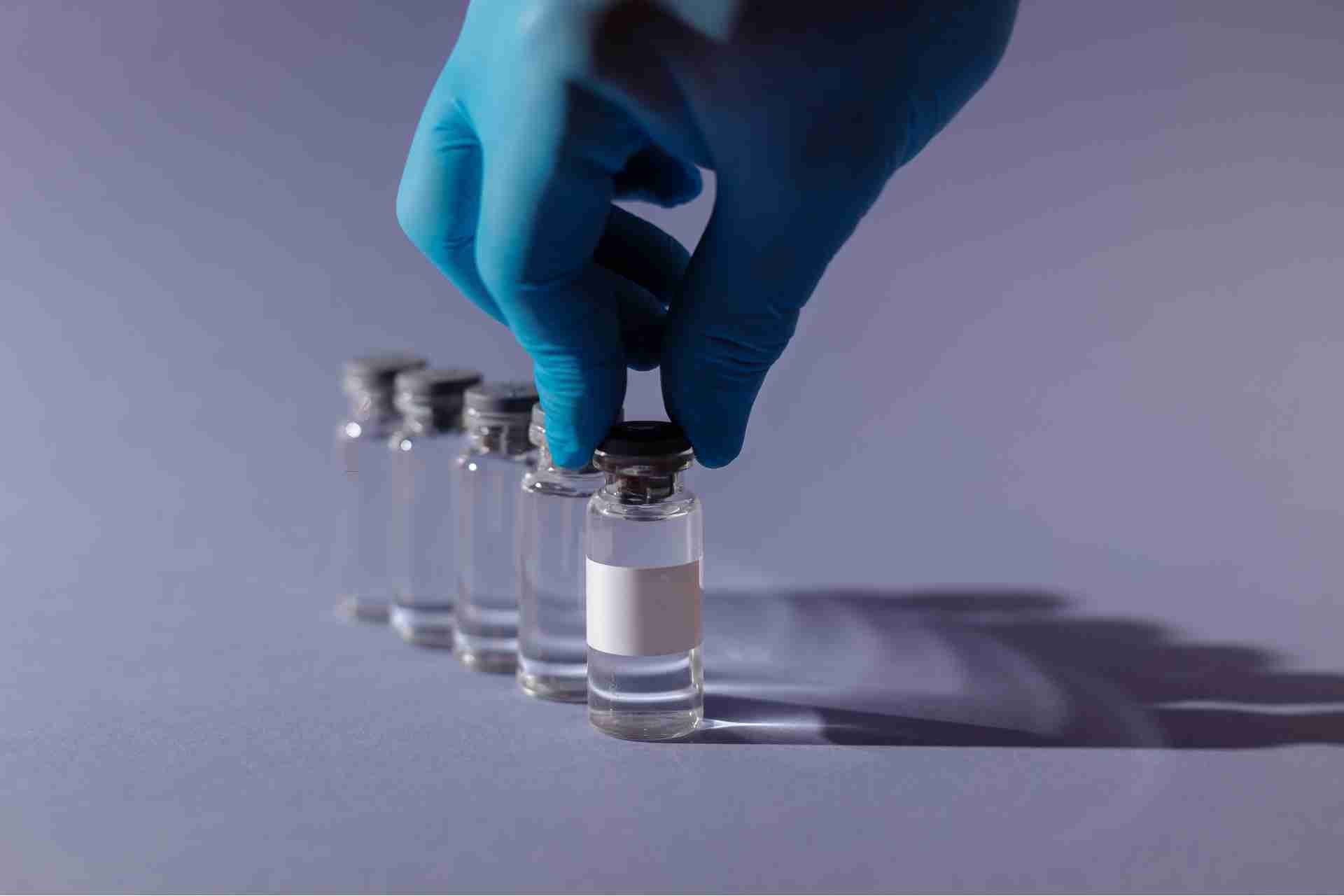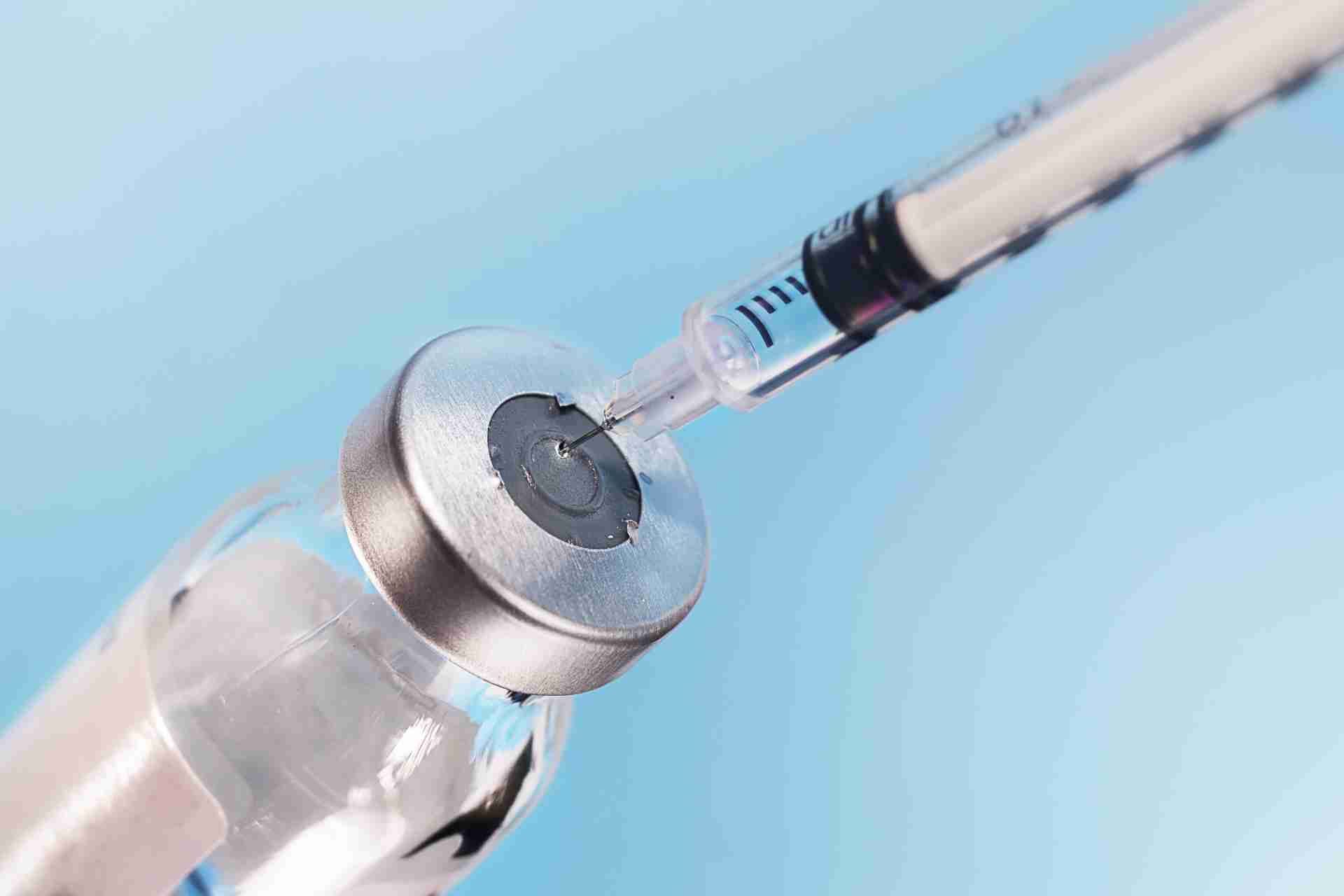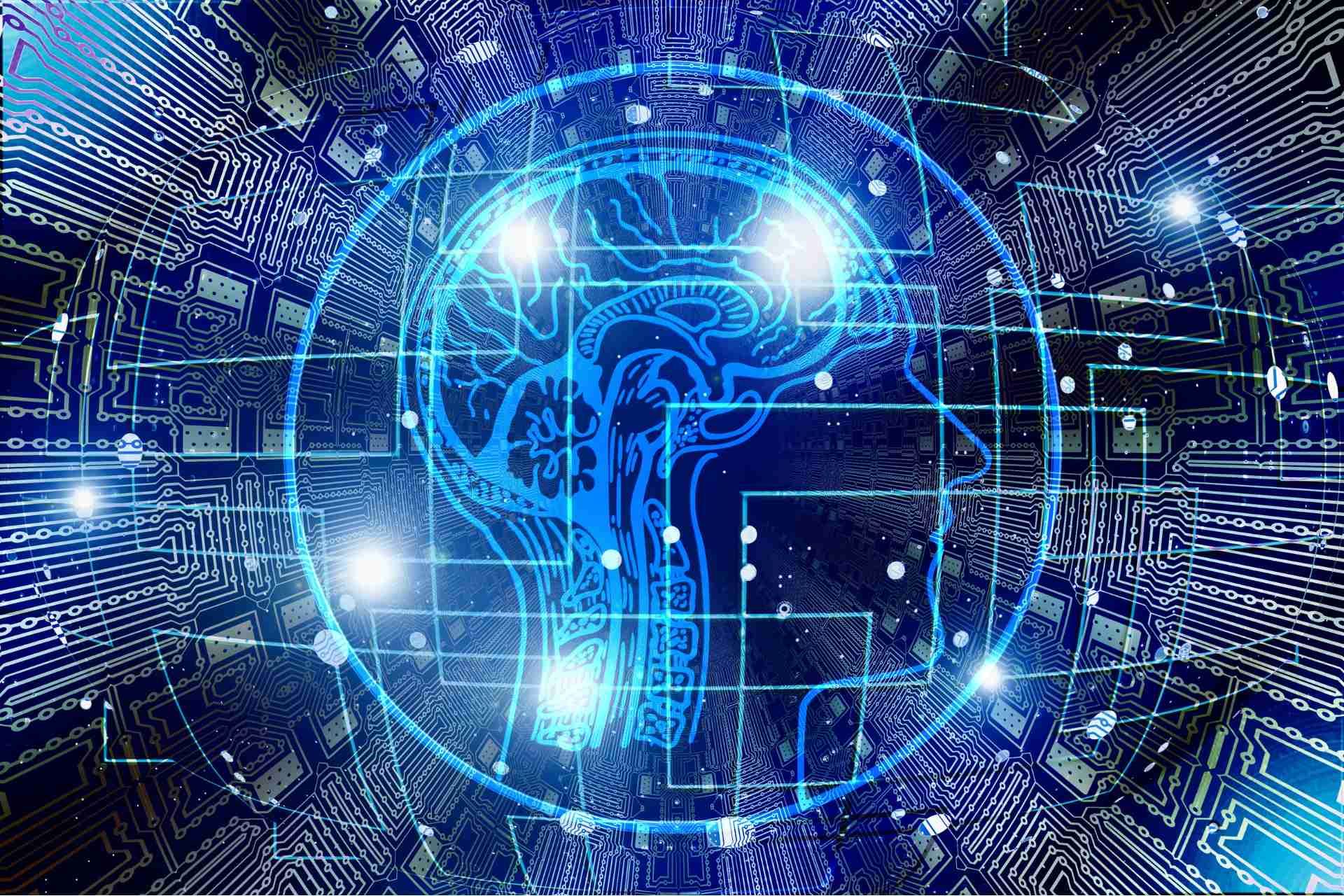The Science Behind Ketamine and Mental Health: Why It Works

When it comes to mental health treatment, ketamine stands out for its speed and effectiveness. Unlike traditional antidepressants, it can provide relief from symptoms of depression and anxiety in just hours. But what exactly makes it work so differently? Understanding the science behind ketamine's action in the brain reveals insights into its unique role in promoting neuroplasticity and altering neurotransmitter systems. Let's explore how this groundbreaking approach might change the landscape of mental health treatment.
Understanding Ketamine: A Brief Overview
While many people know ketamine as an anesthetic, it has gained attention in recent years for its potential in treating mental health disorders.
You might be surprised to learn that this medication, typically used in surgeries, can also provide rapid relief from symptoms of depression and anxiety. Unlike traditional antidepressants, ketamine acts quickly, sometimes within hours.
It’s often administered through intravenous infusions or nasal sprays, allowing for precise dosing. This unique approach has led researchers to explore its effects on mood regulation and emotional well-being.
If you’re seeking alternatives to standard treatments, understanding ketamine’s role in mental health could be beneficial. It’s essential to consult a healthcare professional to discuss its suitability for your specific needs.
The Neurobiology of Depression and Anxiety
Understanding the neurobiology of depression and anxiety can shed light on why treatments like ketamine might be effective. Both conditions often stem from imbalances in neurotransmitters like serotonin, norepinephrine, and dopamine. When these chemicals are disrupted, you may experience mood swings, sadness, or heightened anxiety.
The brain's circuitry, particularly areas like the amygdala and prefrontal cortex, plays a crucial role in regulating emotions. Stress can further exacerbate these imbalances, leading to chronic symptoms.
Additionally, neuroplasticity, or the brain's ability to adapt and change, is often impaired in those with depression and anxiety. Recognizing these underlying mechanisms helps explain why innovative treatments can potentially restore balance and improve mental health outcomes.
How Ketamine Works in the Brain
Ketamine acts on the brain in unique ways that set it apart from traditional antidepressants. Unlike those medications, which often take weeks to show effects, ketamine can provide rapid relief from symptoms of depression and anxiety.
When you receive ketamine, it targets specific receptors in your brain, leading to increased connectivity among neurons. This rapid action helps alleviate feelings of hopelessness and despair almost immediately. You might notice changes in your mood and thought patterns within hours.
Additionally, ketamine's ability to promote neuroplasticity allows your brain to adapt and reorganize itself, fostering healthier thought processes. This innovative approach makes ketamine a promising option for those who haven't found success with conventional treatments, offering hope for a brighter future.
The Role of Glutamate in Ketamine's Mechanism
As you explore the mechanisms behind ketamine's effects, you'll find that glutamate plays a pivotal role in its antidepressant properties. This neurotransmitter is crucial for synaptic plasticity and communication between neurons, which are essential for mood regulation.
Ketamine enhances glutamate release, leading to increased activity at NMDA receptors. This surge in glutamate not only stimulates synaptic connections but also activates AMPA receptors, fostering rapid neural changes. These changes help alleviate depressive symptoms more quickly than traditional antidepressants.
Rapid Relief: Comparing Ketamine to Traditional Antidepressants
While traditional antidepressants often take weeks to show effects, ketamine provides rapid relief from depressive symptoms that can start within hours. This quick response is crucial for those in crisis, as it can significantly improve quality of life almost immediately. Here’s a quick comparison to help you understand the differences:
**Aspect** **Ketamine**
|----------------------|-----------------------|
Onset of Action Hours
Duration of Relief Days to Weeks
| Mechanism of Action | NMDA receptor antagonist|
In contrast, traditional antidepressants usually require weeks of consistent use before you notice a difference. Understanding these distinctions can help you make informed choices about your mental health treatment options.
The Importance of Dosage and Administration
Understanding the right dosage and method of administration is crucial for maximizing ketamine's benefits in treating mental health conditions. Each person's needs can vary, so finding the appropriate amount and delivery method is essential for effective results.
Ketamine can be administered intravenously, intranasally, or via intramuscular injections, each offering unique absorption rates and effects. Typically, lower doses are used for therapeutic purposes, while precise titration helps in determining the optimal dosage for you.
It's vital to work closely with a healthcare professional who understands your specific situation. They can guide you in adjusting the dosage and method as needed, ensuring that you reap the full benefits of ketamine therapy while minimizing potential risks.
Potential Side Effects and Risks
Even with the promising potential of ketamine in treating mental health disorders, it's important to be aware of the potential side effects and risks associated with its use.
Some users experience dissociation, which can feel like a detachment from reality. You might also encounter nausea, increased heart rate, or elevated blood pressure. While these effects are usually short-lived, they can be unsettling.
Long-term use raises concerns about dependency and tolerance, making it crucial to use ketamine under professional guidance. Additionally, some individuals may experience mood swings or cognitive impairment.
Always discuss your medical history and any concerns with your healthcare provider before starting treatment to ensure that you understand the risks involved and can make informed decisions about your mental health journey.
Current Research and Clinical Trials
As researchers delve deeper into the therapeutic effects of ketamine, numerous clinical trials are shedding light on its efficacy for various mental health disorders.
You might be interested to know that studies are exploring ketamine's impact on depression, anxiety, PTSD, and bipolar disorder. Many trials are comparing its effects to traditional treatments, revealing rapid improvements in symptoms for some participants.
Researchers are also investigating the optimal dosages and delivery methods, such as intravenous infusions or nasal sprays.
As results emerge, they could reshape how mental health conditions are treated, particularly for those who haven’t responded to conventional therapies. Staying informed about these developments can help you understand how ketamine might play a role in future mental health treatments.
Ketamine Treatment: What to Expect
After exploring the promising research surrounding ketamine, you might be curious about what an actual treatment session looks like.
Typically, you’ll start by meeting with a healthcare professional to discuss your medical history and treatment goals. During the session, you’ll receive the ketamine either through an intravenous (IV) infusion, intranasal spray, or intramuscular injection, depending on the method recommended for you.
As the treatment begins, you may experience sensations like dizziness or mild dissociation, which usually fade during the session. The entire process lasts about 40 minutes to an hour.
Afterward, you’ll have a follow-up discussion to assess any changes in your mood or symptoms. Many people report feeling relief shortly after their first session.
The Future of Ketamine in Mental Health Treatment
How might ketamine reshape the landscape of mental health treatment in the coming years? As research continues to unfold, you could see ketamine becoming a mainstream option for conditions like depression, anxiety, and PTSD.
Its rapid effects offer hope for those who haven’t responded to traditional therapies. Clinics might start adopting innovative protocols, combining ketamine with psychotherapy for enhanced outcomes.
You'll likely encounter increased accessibility, with more trained professionals offering treatments. As regulations evolve, insurance coverage could expand, making it a viable option for many.
Ongoing studies may reveal even broader applications, potentially transforming how mental health disorders are understood and treated. The future looks promising as ketamine paves the way for more effective, personalized mental health care solutions.
Conclusion
In conclusion, ketamine represents a groundbreaking approach to treating mental health conditions, offering rapid relief for those who struggle with traditional therapies. By targeting NMDA receptors and enhancing neuroplasticity, it shifts the landscape of depression and anxiety treatment. While it's essential to be aware of potential side effects, ongoing research continues to uncover its promise. If you or someone you know is battling treatment-resistant issues, exploring ketamine therapy could open new doors to healing and hope.










